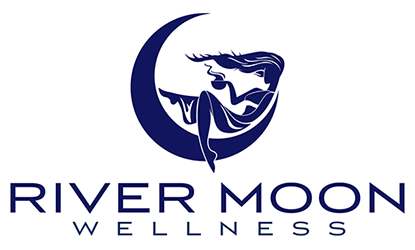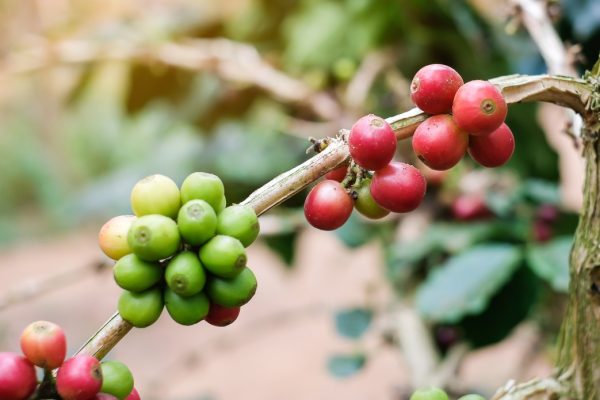Impacts of a Changing Climate
By Sofie Wicklund for River Moon Wellness Company
The term ‘sustainable’ gets thrown around a lot these days, and in fact, increasingly popular environmental jargon in general often leads us to wonder who and what to believe when it comes to the health of our planet. Sustainability itself is somewhat of an umbrella category that can include a range of fields, from environmental to geographical to social to economic to political and everything in between. In 1987, the United Nations published an official definition of sustainability as “meeting the needs of the present without compromising the ability of future generations to meet their own needs.” Clearly, this is a vague definition that could include countless different dimensions. So, let’s zoom in on coffee. In an attempt to encompass some of these dimensions, the global organization Conservation International has defined sustainable coffee as “coffee that is grown in a way that conserves nature and provides better livelihoods for the people who grow and process it”. The second part is as crucial as the first. It is easy to forget that there are aspects to sustainable coffee production that transcend the environmental, but social and economic welfare for coffee workers is equally essential from farm to cup.
Coffee beans only grow in tropical regions of the world, on shrub-like, low trees that are fairly water-intensive. In conventional coffee production, farmers simply cut down tropical forest to make room for coffee plantations. Not only does razing a tropical forest emit carbon directly into the atmosphere from what was previously stored in the forest, but the monoculture plantations that result can lead to large-scale erosion problems since they are often grown on slopes. If synthetic fertilizers or pesticides are used, they join the wastewater runoff and pollute waterways. Conventional coffee production is also generally subjected to global coffee prices, and when prices are driven down by global trade, the coffee growers and laborers may suffer the consequences.
Now, add in the effects of climate change. In areas that were once suitable for growing coffee, our changing climate is affecting the levels of rainfall, temperatures and pests that occur in those areas, and they may become unsuitable in the future. This sounds like dismal news, but sustainable, climate-resilient coffee production does exist and seems to be catching on. Many small coffee growers are aware of the necessity of sustainable farming, and use smart agricultural practices such as intercropping, agroforestry and water-saving mechanisms so that they both contribute less to carbon emissions and erosion but also are more prepared to withstand changes in climate and temperature. Conservation International has launched the Sustainable Coffee Challenge in an attempt to educate coffee drinkers around the globe about how they should be mindful when purchasing their coffee, as well as to push coffee producers to consider more sustainable practices. Café Imports, River Moon’s green coffee broker, is dedicated to environmental sustainability as well as increased livelihood of coffee workers across the entire supply chain, encompassing both aspects of Conservation International’s sustainable coffee definition.
The responsibility of sustainable coffee does not lie only in the hands of the producers. As coffee consumers, we have a lot of power. So, what are some initial steps we can take in our daily lives to help sustainable coffee become the norm? First, we can shrink our direct environmental footprint by eliminating disposable cups from our coffee routine. Reusable coffee cups are easy and the impact is far from small. Secondly, we can buy our beans and brews from local roasters whenever possible. This ensures that we have a relationship with the roasters which connects us in a more direct way to the producers, and in turn ensures that the producers and their environment are being treated fairly. Coffee is one of the world’s largest markets, and is probably a staple in your own daily life as well. By valuing sustainable coffee, we can help change the entire cycle from seed to first sip.


